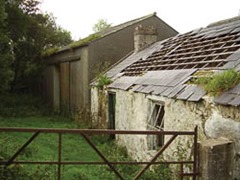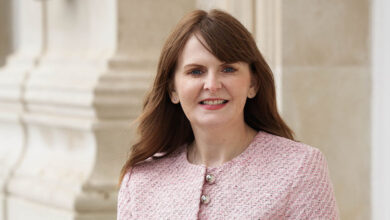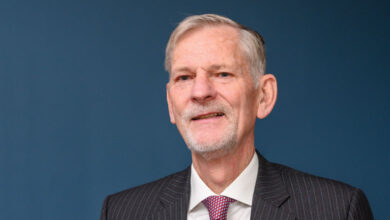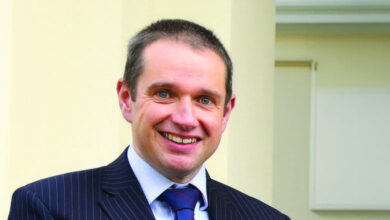Measuring rural poverty
 agendaNi sums up the extent of rural poverty and how government is seeking to deal with the problem.
agendaNi sums up the extent of rural poverty and how government is seeking to deal with the problem.
Poverty in rural areas is a multi-faceted problem with its consequences often being less visible than those in deprived urban areas.
One of the underlying causes is a major imbalance in the number of jobs between urban and rural areas. Belfast and Derry account for 21 per cent of Northern Ireland’s population but 50 per cent of its jobs, thus leading to long commutes for many rural dwellers.
This is reflected in income distribution. Gross value added per head – in 2012 – stood at £32,737 in Belfast but just £12,971 in the south and west of the province. The agricultural workforce has fallen in size from 60,000 to 48,000 over the last fifteen years.
In terms of rural households, the Housing Executive’s House Condition Survey uses three main indicators to measure poverty: unfitness; compliance with the ‘decent homes’ standard; and fuel poverty. A ‘decent home’ is one which is in a reasonable state of repair, and has reasonably modern facilities and services, and a reasonable degree of thermal comfort. A fuel-poor household is defined as one which spends more than a tenth of its income on heating costs.
Across Northern Ireland’s households in 2011:
• 5 per cent of households were unfit for habitation;
• 11 per cent failed the decent homes standard; and
• 42 per cent were considered to be in fuel poverty.
These percentages were higher in most rural areas. For example:
• 14 per cent of all rural households were unfit;
• 23 per cent of households in isolated rural areas were ‘non-decent’;
• 52-56 per cent west of the Bann (and also in Ballymoney and Moyle) were in fuel poverty.
Vacant housing is more common in rural areas, thus increasing the level of unfitness. Farmhouses are usually old and detached properties – and fall below the decent homes standard as they tend to lose heat more quickly than other dwellings. High fuel costs, low incomes and limited access to the gas network contribute to fuel poverty.
The Department of Agriculture and Rural Development has allocated £16 million to tackle rural poverty over the 2011-2015 Budget period. £13 million had been spent as of August 2014.
Part of the programme focuses on health i.e. visiting householders to make them aware of the benefits that they can claim and offering detailed health checks to farmers. Older and disabled people who hold a SmartPass can take up free or half-fare transport on rural community transport services.
A support service for elderly rural people, inviting them to ICT classes, luncheon clubs and other groups, has been piloted. Funding also supports two rural development workers who with rural churches and help them to meet local needs and put forward their views to government.
Around 1,400 young people, who are either unemployed or at the risk of unemployment, have taken part in the Youth Employability and Rural Youth Entrepreneurship projects. To tackle fuel poverty, DARD funds energy efficiency improvements (around 200 per year) via the existing schemes and it encourages rural residents to convert to wood pellet burners.





